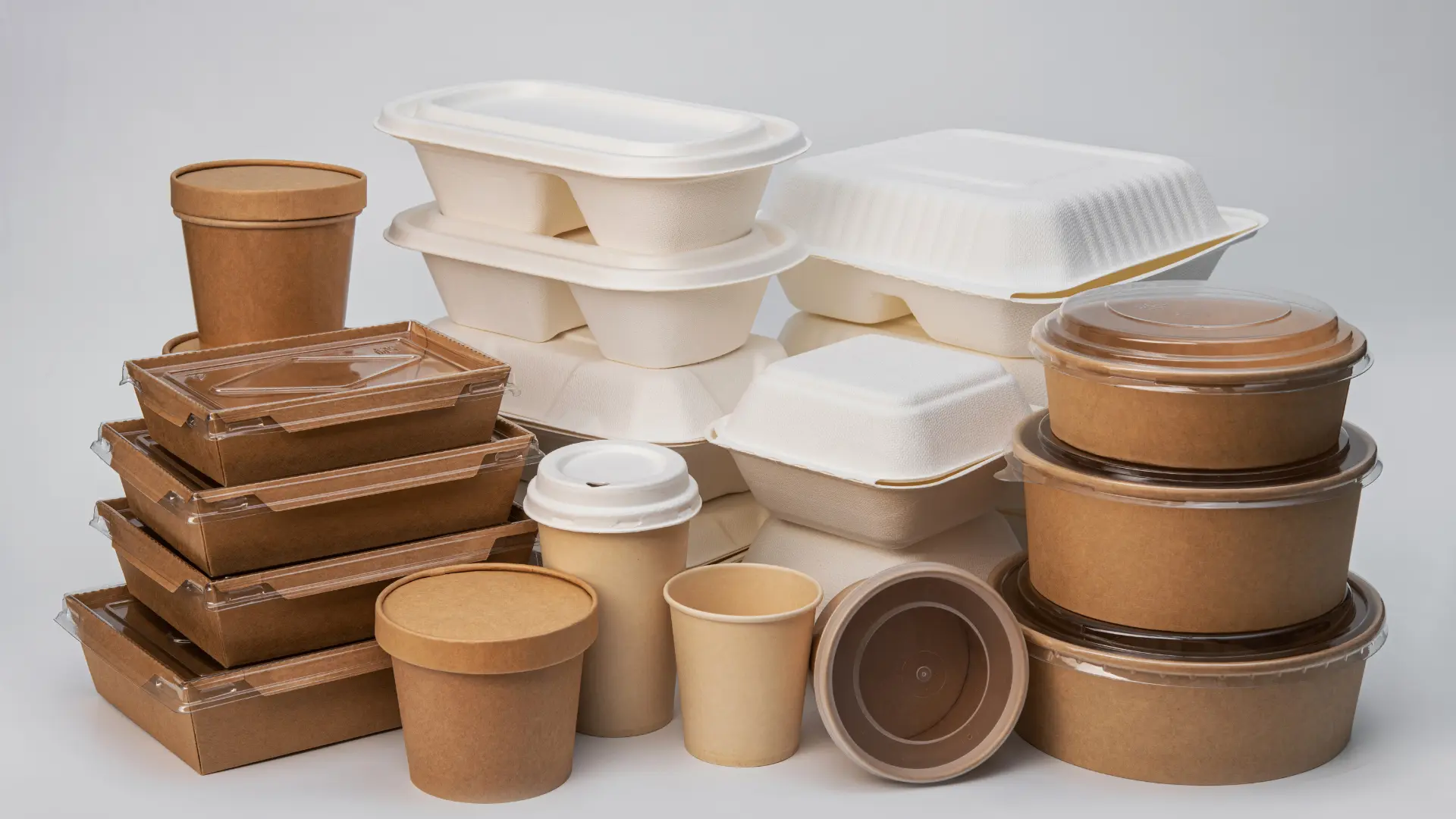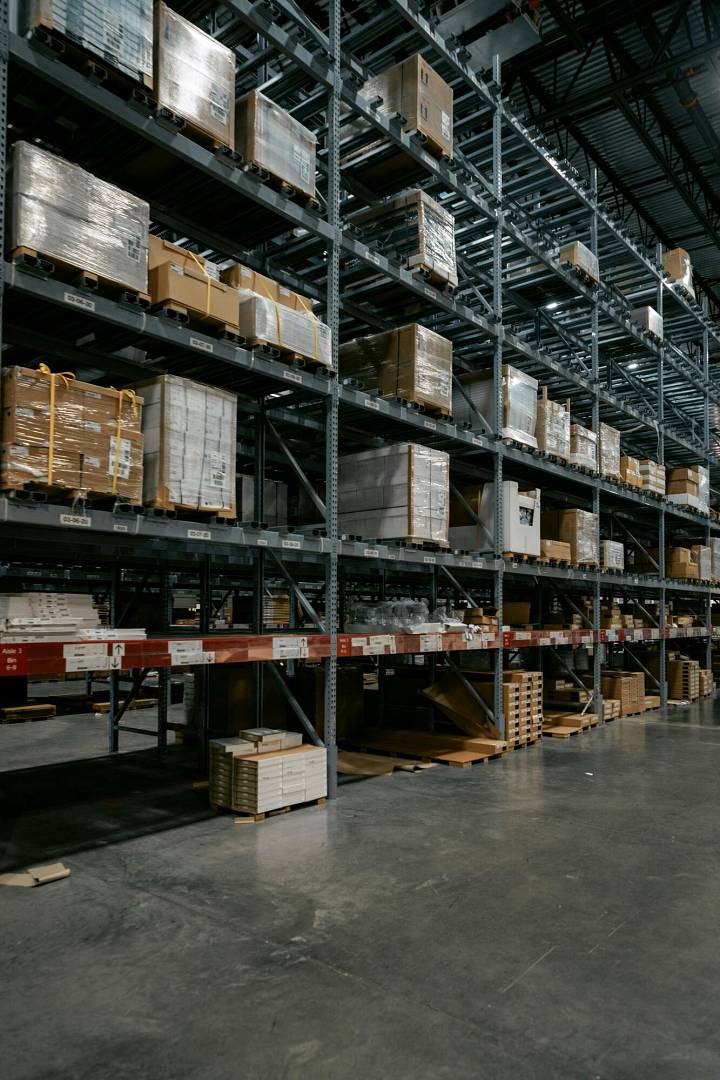Sustainable packaging has become a key priority for the modern food business, driven by increasing consumer awareness, environmental legislation and the need to reduce waste. Food companies are adopting innovative, environmentally friendly materials designed to minimise environmental impact while maintaining functionality, safety and presentation standards. The focus is on plant-based, biodegradable and recycled materials that offer practical and environmentally responsible alternatives to traditional packaging. The key materials are:
Paper and cardboard
Paper-based packaging is one of the most widely used sustainable options in the food industry. Materials such as kraft paper, recycled paperboard and corrugated board are popular for items such as bags, boxes, cups and wraps. These materials are biodegradable, recyclable and can often be sourced from responsibly managed forests, as certified by organisations such as the Forest Stewardship Council (FSC). New developments include compostable paper packaging with plant-based coatings that offer grease and moisture resistance without plastic liners. You can order such packaging directly from the manufacturer https://univest-pack.com/.
Recycled and recyclable materials
Using post-consumer recycled content in packaging reduces waste and supports the circular use of resources. Materials such as recycled paperboard and plastics with clear recycling labels ensure that packaging can be returned to the production cycle after use.
Plant-based bioplastics
Bioplastics made from renewable resources such as corn starch, sugar cane and potato starch are gaining ground as alternatives to traditional petroleum-based plastics. Materials such as PLA (polylactic acid) are used for cups, lids and cutlery, offering compostability in industrial facilities while reducing dependence on fossil fuels.
Bamboo and palm leaf products
Natural materials such as bamboo and pressed palm leaves are becoming increasingly popular for containers, plates and cutlery. These materials are biodegradable, renewable and add a natural aesthetic to foodservice.
Edible packaging
Innovative edible packaging made from ingredients such as rice paper, seaweed and potato starch films is emerging for specific applications such as snack wrappers, sauces and disposable utensils. While still a niche solution, it offers a zero waste option where the packaging itself can be safely consumed.
Compostable films and laminates
To replace plastic films used in food packaging, companies are turning to compostable films made from cellulose, plant fibres and biopolymers. These materials offer protection, shelf life and transparency, while breaking down naturally in the composting environment.















